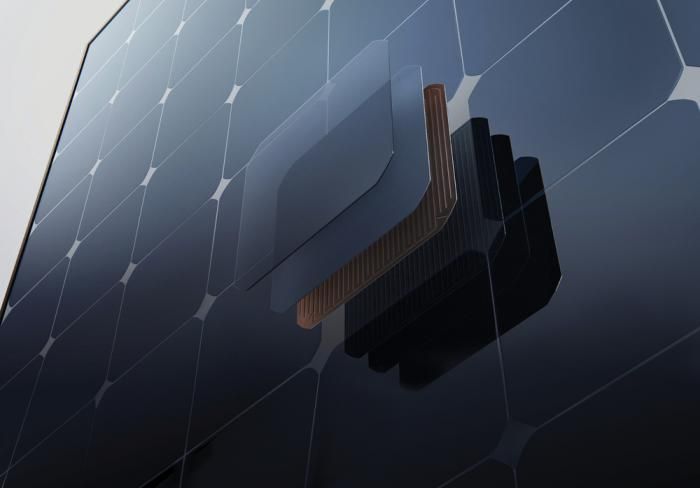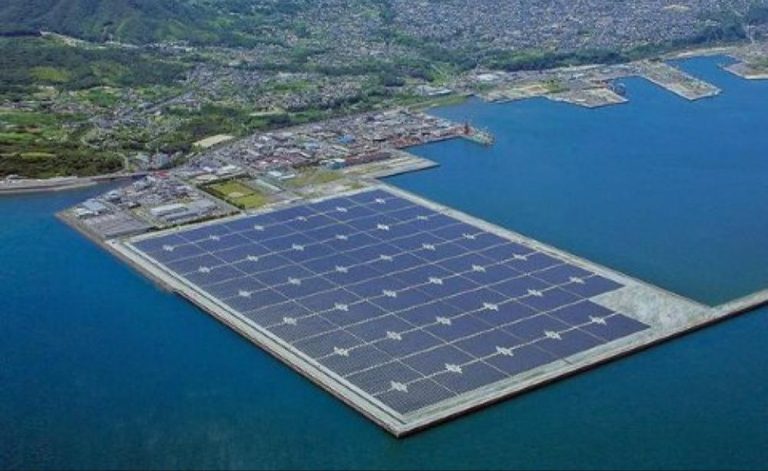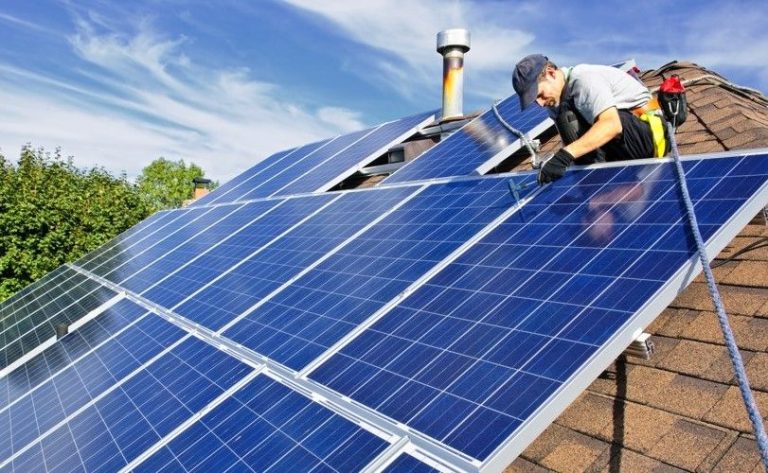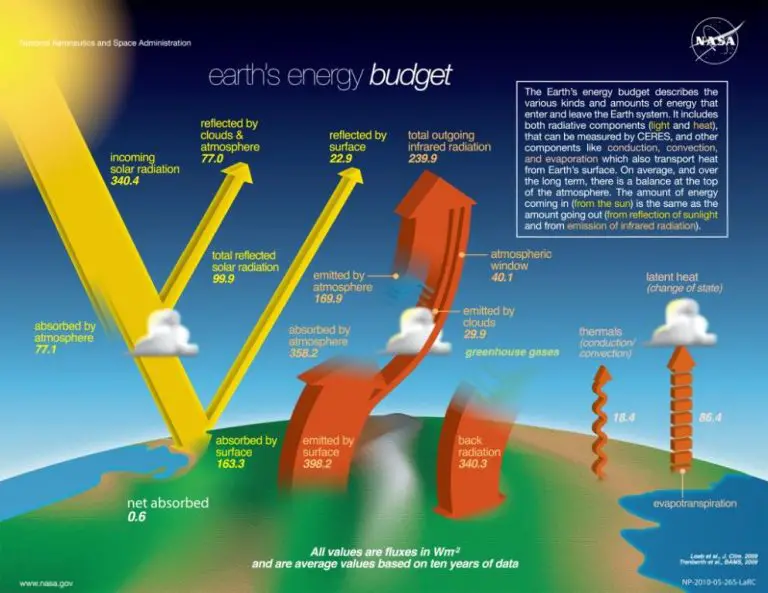Is Diy Solar Legal?
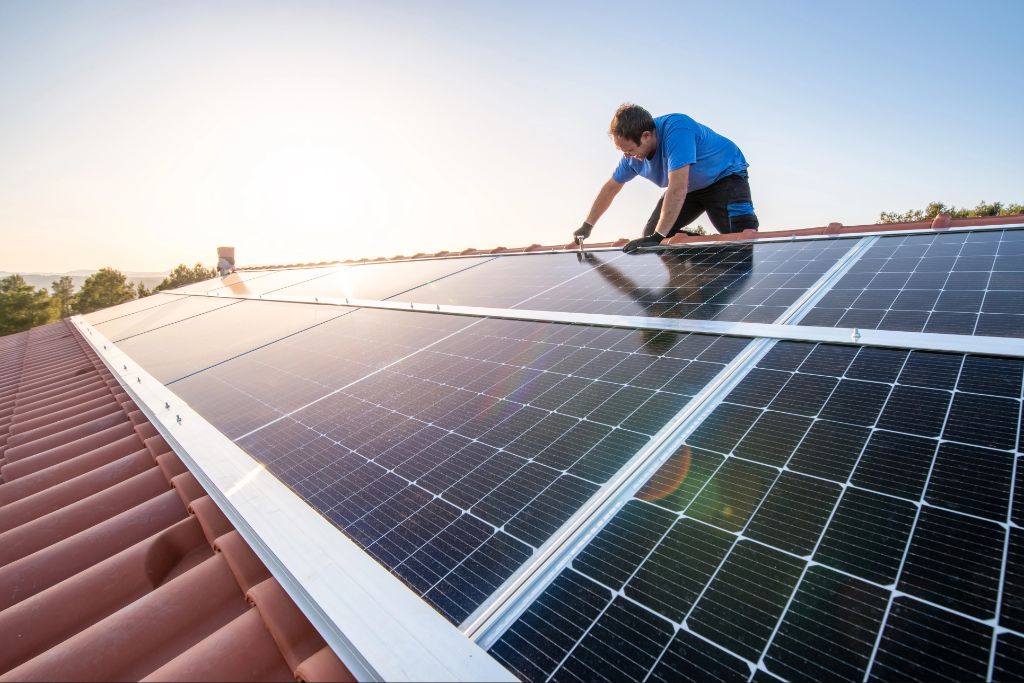
DIY solar installation refers to solar panel systems that are designed and installed by homeowners or small businesses themselves, rather than hiring a professional solar company to do it. With a DIY solar system, the homeowner takes responsibility for purchasing solar equipment, designing the system layout, securing permits, and physically installing the solar panels and other components. This provides an avenue for going solar that gives the homeowner more control and potentially saves on labor costs, but also requires research and hands-on work.
Some key benefits of DIY solar highlighted by Unbound Solar are taking control of your solar project, learning through hands-on work, and avoiding contractor markup to reduce costs [1]. However, DIY solar requires expertise in areas like electrical systems, construction, and permitting. Critical steps include evaluating your power needs, designing the system, purchasing compatible equipment, installing with proper coding and safety methods, connecting to the utility grid, and securing final inspections. While viable for some, Palmetto notes DIY solar also has cons like upfront research requirements, permitting challenges, lack of installer warranties, and the risks if the system is not properly installed. [2]
Overview of DIY Solar
The popularity of do-it-yourself (DIY) solar systems has been rising quickly over the past decade. According to Pew Research, residential solar installations increased 34% from 2020 to 2021, reaching 3.9 gigawatts of new capacity [1]. Statista reports that solar has grown at an average annual rate of 24% over the last 10 years, with over 110 gigawatts of total capacity in 2022 [2]. The DIY segment has driven much of this growth, with homeowners and businesses choosing to purchase and install solar systems themselves rather than hiring professionals.
DIY solar appeals to many because it allows greater control over the system design, components, and costs. DIYers can customize the system to best match their needs. The hands-on learning process also allows DIYers to become experts on how their systems work so they can maintain and repair them. Additionally, avoiding paying contractor labor costs saves money.
Benefits of DIY Solar
One of the biggest benefits of DIY solar panel installation is the potential for significant cost savings. Hiring a professional solar installer can add thousands of dollars in labor costs to a project (Source). By taking on the installation yourself, you avoid these labor fees. The DIY approach requires you to invest your own time and energy, but for many homeowners the tradeoff is worth it.
DIY solar also allows for more customization and control over the system design. You can hand pick the individual components, like the panels, inverters, and mounting equipment that best suit your needs and budget. Pre-designed solar kits often lack flexibility. With a DIY build, you decide how large of a system you need and where exactly it should be positioned for maximum sunlight exposure.
Challenges of DIY Solar
DIY solar has many benefits, but also comes with some potential challenges. [1] One major challenge is the lack of expertise most homeowners have when it comes to electrical and construction work. Installing solar panels requires knowledge of electrical systems, wiring, and roofing that the average person simply doesn’t possess. According to Thomas Funchess of North Coast Solar, “Installing a DIY system is a challenge, and it can be dangerous. Make sure you have time to commit to it. Understand the tools and equipment involved.” [2]
Permitting and inspections can also pose issues for DIY solar installers. Navigating the permitting process requires knowledge of local building codes and standards. Inspections help ensure the system is properly installed and safe, but installing it yourself can make the inspection process more difficult.
Safety and Code Considerations
Installing solar panels yourself comes with some safety risks that need to be properly addressed. The main hazards relate to electrical and fall risks when working on rooftops.
Electrical hazards are a major concern, as solar panels produce direct current electricity that can cause shocks, burns, and electrocution if mishandled. Proper precautions like turning off the system, using insulated tools, and wearing rubber-soled shoes are critical (source). Connections must be properly secured, and hands should be dry when handling electrical components.
Falls are another risk, especially when working on rooftops. Proper fall arrest systems, harnesses, and anchorage points should be used. Ladders should be secured and roof surfaces should be dry and debris-free. Slow and cautious movement is key.
Adhering to local building codes is also essential for a safe and legal DIY solar installation. Permits are usually required, and installations must meet standards for electrical, structural, and fire safety. Planning ahead and consulting with local permitting offices is advised (source).
Permitting Requirements
Before installing a DIY solar system, homeowners need to obtain the proper permits from their local jurisdiction. The permitting process involves submitting an application, plans, and other documentation to demonstrate the system meets all relevant building and electrical codes.
According to the Solar Energy Industries Association (SEIA), permitting for rooftop solar generally requires two approvals – one from the local building department and another from the utility company.
The building permit application requires details on the solar installation like the mounting method, wiring diagrams, and equipment specs. It ensures the structural integrity of the roof can handle the additional weight and wind loads. The utility company reviews the system design and its impact on the grid. They ensure proper metering, interconnection, and safety.
Homeowners should research the specific solar permitting steps and requirements for their city or county. The process can take 2-8 weeks typically. Expedited and online permitting can help speed things up. But ultimately securing permits is crucial for ensuring DIY solar installations are safe, compliant, and eligible for incentives.
Incentives for DIY Solar
There are several financial incentives available for homeowners who want to take on DIY solar projects. The main incentive is the federal solar tax credit, which allows homeowners to claim 26% of the total cost of a solar system as a credit on their taxes in 2022. This credit drops to 22% in 2023 and is currently set to expire after 2023 [1]. The tax credit applies to both materials and labor costs for DIY solar installations [2].
Many states and utilities also offer additional rebates and incentives for going solar. These can include state tax credits, rebates per watt of solar capacity, and performance-based incentives. The availability and amount of these incentives depends on your location. Homeowners should research what solar incentives exist in their state and utility territory before undertaking a DIY solar project.
Liability and Insurance
Installing a DIY solar energy system comes with liability risks that must be properly insured. If the system fails or causes damage, the homeowner who installed it may be liable. Similarly, if an injury occurs during installation or maintenance of the DIY system, the homeowner can be held responsible.
Most home insurance policies do not cover DIY solar installations by default. Additional coverage or riders need to be purchased to cover the liability risks https://energy5.com/diy-solar-panel-systems-insurance-considerations. Without proper insurance, homeowners take on full liability if something goes wrong.
Typical insurance policies cover around $100,000 to $300,000 in liability damages. However, damages from a failed DIY solar system could easily exceed those amounts. It is wise for a homeowner to increase their liability coverage when installing their own system.
Additionally, DIY solar installations are often not covered by the warranties and protections associated with professionally installed systems. If the system fails prematurely, the homeowner bears the replacement costs rather than the manufacturer or installer. Maintaining the system also falls solely on the homeowner over its lifetime.
Proper liability and equipment breakdown insurance is essential for DIY solar installations to transfer risk away from the homeowner. Consultation with an insurance agent is highly recommended prior to installing a DIY system.
State-by-State Legality
Laws and regulations around DIY solar installation vary widely across the United States. Here is a summary of the legality and key considerations in some states:
California – DIY solar is legal but requires permits and inspections. All electrical work must be performed by a licensed electrician. See the California Solar Consumer Protection Guide for details. [1]
Florida – DIY solar is legal but requires permits and inspections. Florida Statute 723.022 outlines requirements for solar installations in mobile home parks. [2]
New York – DIY solar is generally legal but subject to the permitting process. NYC has additional fire safety requirements. The NY-Sun initiative provides support. [3]
Texas – DIY solar is legal. No state permit is required but local jurisdictions may have their own rules. Net metering is mandatory for utilities. [4]
Utah – DIY solar is restricted. Installers must be licensed journeyman or residential electricians. All work requires permits/inspections. [1]
Overall the trend is toward allowing DIY solar but instituting consumer protections through permitting and inspections. It’s critical to research local and state laws before installing your own system.
[1] https://todayshomeowner.com/solar/guides/states-that-outlaw-or-restrict-solar-panels/
[2] https://www.flsenate.gov/Laws/Statutes/2022/723.022
[3] https://www.nyserda.ny.gov/All-Programs/NY-Sun
[4] https://www.energy.gov/eere/solar/homeowners-guide-going-solar
Conclusion
So is DIY solar legal? In most areas, the answer is yes. Although laws and requirements vary by location, DIY solar installations are generally allowed if proper safety precautions, permitting, and inspections are completed.
There are many benefits to DIY solar, such as cost savings and the satisfaction of installing it yourself. However, there are also challenges, like ensuring all electrical work meets code. Safety should always come first when taking on a DIY solar project.
It’s critical to research the laws in your local area and check with your city or county building department to understand permitting requirements. Work with qualified solar professionals if needed to ensure your system meets all regulations. DIY solar can be extremely rewarding if done legally and safely.

